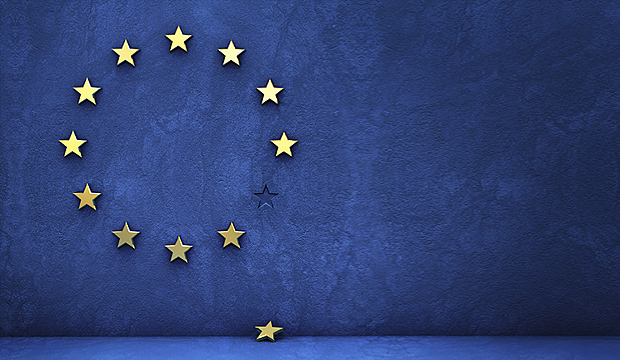The UK vote to leave the EU
No need to panic:
As ever, markets don’t like uncertainty. However, they have not moved excessively or unreasonably today.
While the betting odds have, for several months, suggested strongly that the UK would vote to Remain, the narrow margins shown in recent polls will have encouraged investors to build either eventuality into their expectations.
Our investment ethos means we build portfolios ‘from the bottom up’, which means we are far more focused on company valuation, and our process is much less driven by political factors and macroeconomic themes.
More reasons to stay calm:
Time to plan ahead
Although the result is now known, there is significant time to plan before the UK will actually leave the EU. The timescale for exit from the EU is at least two years, possibly considerably longer. In order to exit the EU, Article 50 of the Treaty on European Union will need to be invoked. Prime Minister David Cameron has resigned today, leaving the task of triggering Article 50 to his successor. There will need to be a leadership contest for the new Prime Minister, which will be concluded before the Conservative Party conference, set for early October. When Article 50 is finally invoked, this will start the two-year clock ticking for the UK to exit the EU.
Limited real impact of Brexit
From the UK viewpoint, 70% of UK company earnings come from outside of the country, so UK companies can weather a UK slowdown.
From the global viewpoint, the UK constitutes just under 4% of global GDP, so a slowdown in the UK is unlikely to impact growth in the rest of the world.
Central Bank support
The Bank of England has stated this morning that it has extensive contingency plans and will provide ample liquidity to steady the financial system, and the European Central Bank will also provide liquidity, if required.
In addition, Brexit does not imply any kind of ‘systemic’ risk which caused the 2008 financial crisis. The financial system in the UK and Europe is in decent shape and the uncertainty surrounding the EU referendum has been known for several months, so this is in no way a shock.
Reasons to be positive:
The equity market falls have been relatively muted when compared to other big events in UK market history.
- The FTSE 100 has pared its initial losses to be down ‘only’ 2.1% (at 4pm), and might be worth highlighting today’s movements of some key UK company holdings we hold in significant size in portfolios:
Unilever +4.1% - Sage -2.2%
- Glaxo SmithKline +4.6%
- Diageo +3.7%
Your investment portfolios:
As mentioned above, our investment process means we focus far more on companies than on politics and macroeconomics. Specifically, we focus our equity investments on companies which are multi-national, which themselves are focused on finding areas of growth across the globe. These companies are termed ‘high quality’ which means strong balance sheets, low levels of leverage, and strong cash flow.
These companies are set to prosper regardless of today’s decision.
What should we expect in the coming months?
There will undoubtedly be plenty of media noise and more volatility, specifically in equity markets and currency markets. However, we should not expect to have any real answers about the UK’s future with regard to Europe for several months.
Conclusion
It is clear that the markets would have preferred a different result to yesterday’s vote. However, uncertainty is the biggest challenge for both companies and markets, and a large part of the uncertainty has now been removed. The world will look a bit different than it would have done if the UK had chosen to remain in the EU, but the financial system will continue to reward companies that achieve growth and generate earnings consistently.

 We are thrilled to have joined
We are thrilled to have joined 
